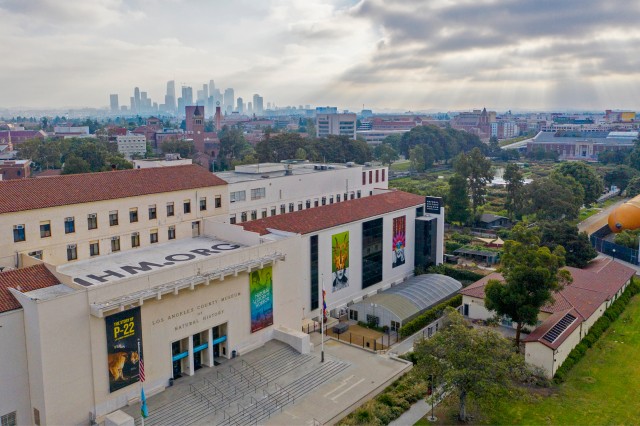
Stories & Videos
BE ADVISED: On Saturday, February 21, the Natural History Museum will be closing at 4 pm. The Los Angeles Memorial Coliseum will host the LAFC vs. Inter Miami soccer match, with kickoff at 6:30 pm. This event will impact traffic, parking, and wayfinding in the area due to street closures. Please consider using public transportation or rideshare.
BE ADVISED: The Natural History Museum is not participating in SoCal Museums Free-for-All on Sunday, February 22.
BE ADVISED: On Saturday, February 21, the Natural History Museum will be closing at 4 pm. The Los Angeles Memorial Coliseum will host the LAFC vs. Inter Miami soccer match, with kickoff at 6:30 pm. This event will impact traffic, parking, and wayfinding in the area due to street closures. Please consider using public transportation or rideshare.
BE ADVISED: The Natural History Museum is not participating in SoCal Museums Free-for-All on Sunday, February 22.
A pre-colonial symbol of fertility and virility
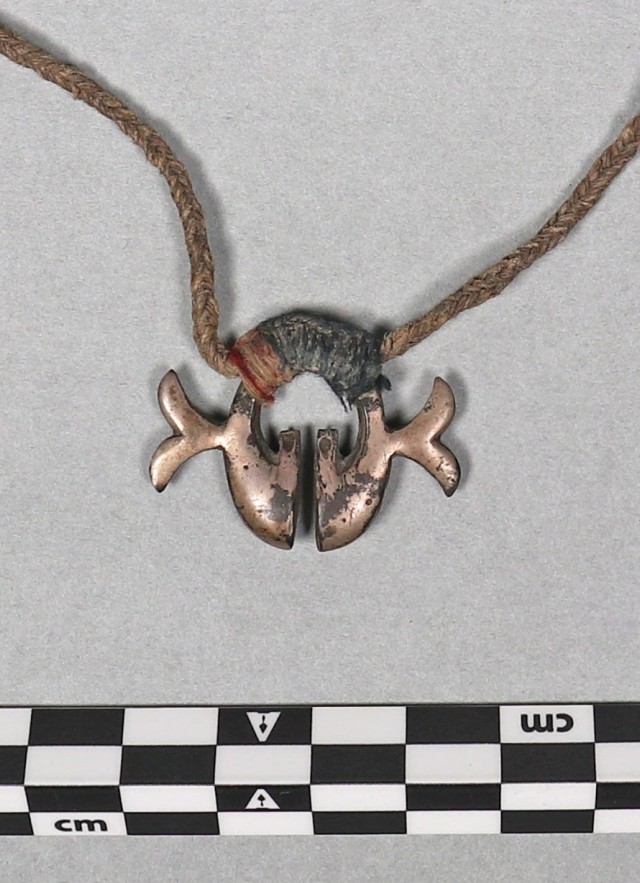
October marks Filipino American History Month and LGBTQ+ History Month, and to celebrate, we bring a highlight from the Anthropology (Ethnology) collection—the Lingling-o. This early 1900s necklace and earrings are from the northern Luzon region in the Philippines and depict a symbol of fertility and virility.
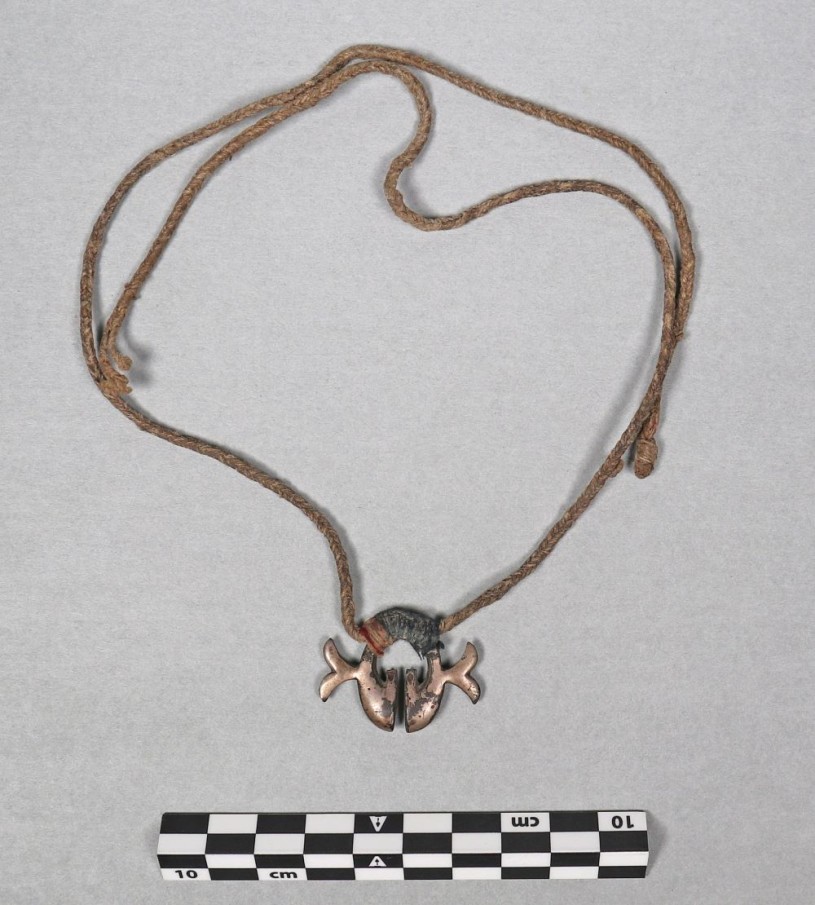

The pre-colonial symbol represents the combination of masculine and feminine energies, with the outer shape representing the uterus (feminine energy) and the space within representing the phallus (masculine energy). When combined, these energies have immense spiritual power, and it is believed by many that the union of contrasting reproductive organs can create life in numerous ways.
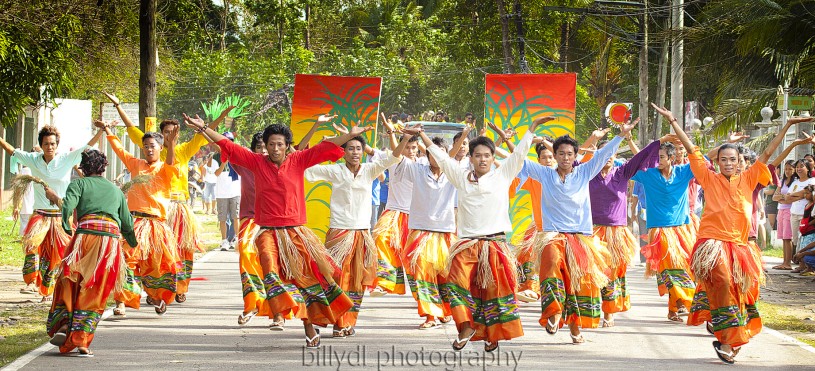
In pre-colonial times, the babaylan, balian, or katalonan (shaman; high priestess) would use the Lingling-o in rituals to bless people wanting to bear children, farmers wanting flourishing crops, and fishermen wanting abundant catch. People who expressed the other or both genders had a place in society and could become babaylan, balian, or katalonan, who served as the spiritual guides of their communities.
The Lingling-o is meaningful to several ethnic groups in the Philippines, such as the Ifugao and Kalinga tribes, as a symbol of protection, balance, and interconnectedness.
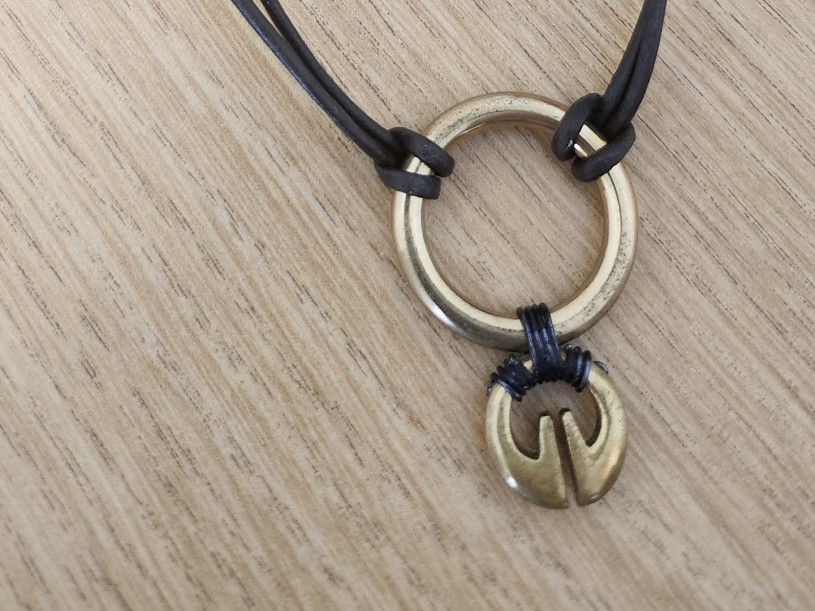
We invite you to explore more stories of culture and community, including our limited series on Third Gender: Mapuche, Muxe, Fa’afafine / Fa’afatama and Two-Spirit persons connected to the broader Indigenous community.
Milena Acosta, Bettina Selsor, and KT Hajeian contributed to this story.